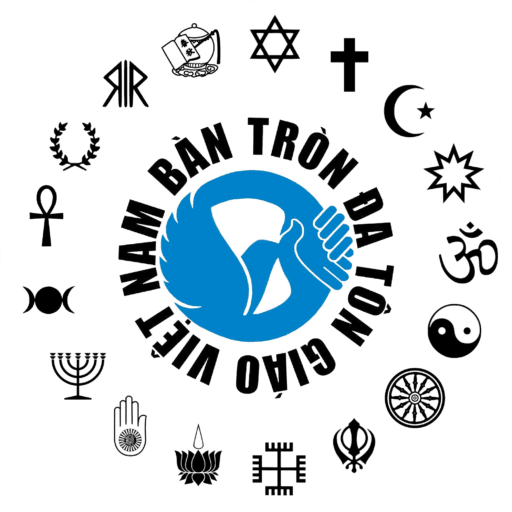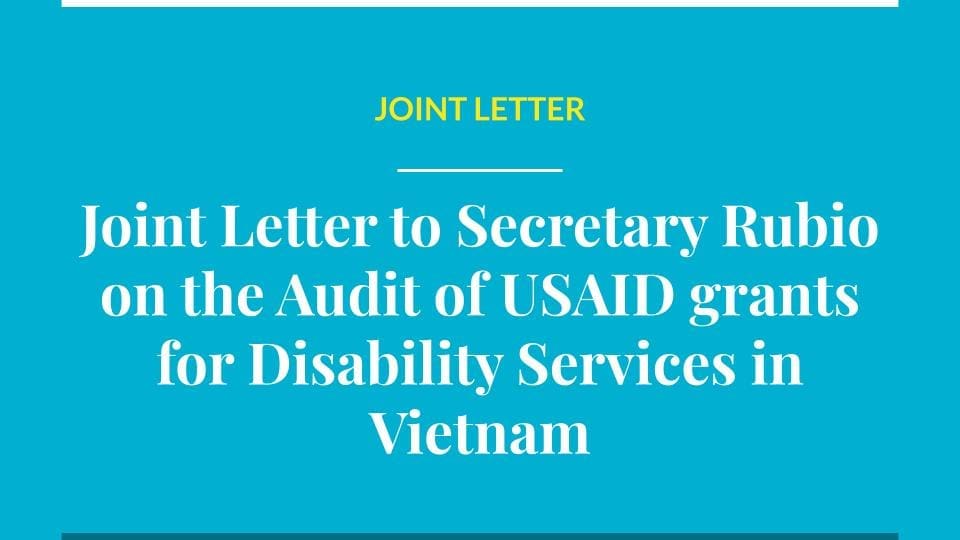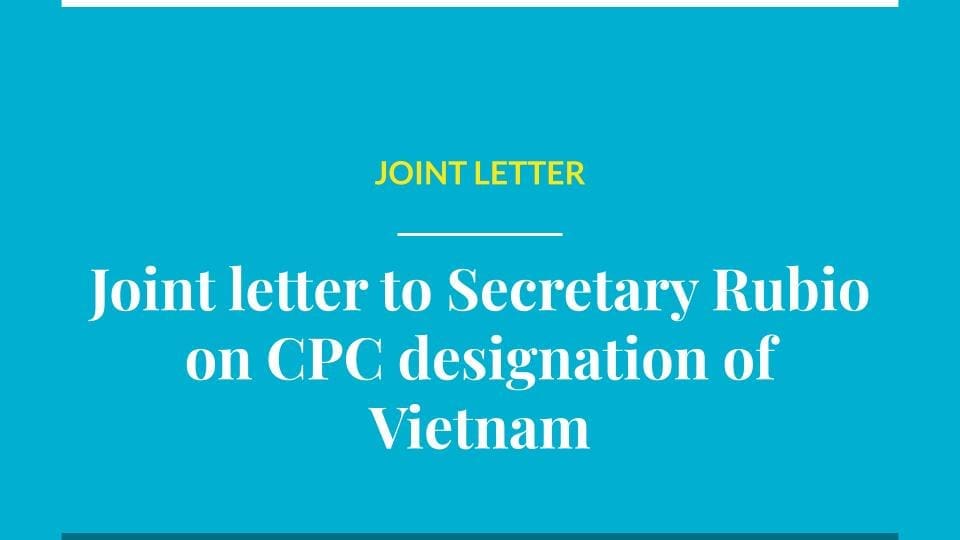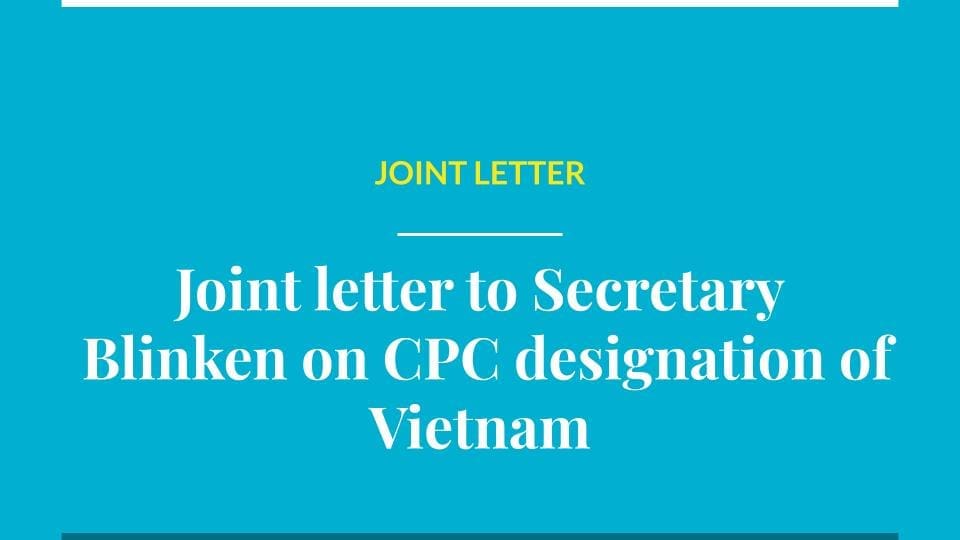October 16, 2024
The Honorable Paetongtarn Shinawatra
Prime Minister
Kingdom of Thailand
Dear Madame Prime Minister,
We are writing to urge the Royal Thai Government not to extradite Y Quynh Bdap – a refugee, human rights defender, and strong advocate for the right to religious freedom – to Vietnam, where he is likely to face torture and other forms of serious mistreatment.
Y Quynh Bdap is a Montagnard ethnic minority Christian from Dak Lak Province, Vietnam, who was violently persecuted by the Vietnamese government for his peaceful advocacy. While still a student at a vocational school, he was detained and tortured for five days in connection with his demands for justice and religious freedom for Montagnard Christians. Later, in 2012, he was arrested, interrogated, and detained for five months following an investigation by the Dak Lak provincial security into his religious activities. He was detained and interrogated again in 2013 because of his house church activities and accused of “harming the national unity policy”. During these interrogation sessions Mr. Bdap was subjected to torture, including on one occasion being stripped naked and having a rope tied to his testicles.
After Mr. Bdap attended a training course on human rights and religious freedom in Thailand in 2016, he was detained upon returning to Vietnam, and the Vietnamese government issued a long-term ban on his overseas travel. Upon arriving at his home village in the Central Highlands, he was interrogated for seven days at a police station. Over the next two years he was frequently summoned, interrogated, and prevented from practicing his religion as a member of the Evangelical Church of Christ. Fearing that he would soon be arrested and imprisoned like many of his friends and colleagues, Mr. Bdap escaped to Thailand in 2018 to seek asylum. He was subsequently recognized as a refugee by the United Nations High Commissioner for Refugees. Mr. Bdap and two other Montagnard asylum seekers founded the peaceful advocacy group “Montagnards Stand for Justice – MSFJ in 2018.
In Thailand, Mr. Bdap and other Montagnard Christian refugees established Montagnards Stand for Justice, a human rights organization that helps to train Montagnards in Vietnam on Vietnamese and international law, civil society, Vietnam’s obligations under international treaties and covenants, and how to collect information and prepare reports to the United Nations and the international community on religious persecution and other human rights violations. As the lead coordinator for this organization’s activities, he has helped to prepare numerous reports for the United Nations on religious persecution of Montagnards, many of which have resulted in UN “allegation letters” that have been issued to the government of Vietnam. In 2019, Mr. Bdap attended the Southeast Asia Freedom of Religion or Belief Conference held in Bangkok, where he met with many fellow advocates for religious freedom (including one of the co-signers of this letter, then-United States Ambassador-at-Large for International Religious Freedom Sam Brownback).
On June 11, 2023, a group of Montagnards led a violent attack against several government buildings in Dak Lak Province, Vietnam. This group had nothing to do with Mr. Bdap or his organization Montagnards Stand for Justice. On the day of attack, Montagnards Stand for Justice issued a statement denouncing the violence and raising concerns that the Vietnamese government could use this incident as pretext to intensify its crackdown on independent Montagnard Christian house churches. On August 14, 2023, the Vietnamese government issued an arrest warrant for Mr. Bdap. During a broadcast on the Ministry of Public Security’s official television channel on December 21, 2023, Mr. Bdap was accused of being a member of FULRO (an anti-government guerrilla group that disbanded in 1992, the same year that Mr. Bdap was born) and was shown holding an alleged automatic weapon. However, the alleged weapon was a carnival BB gun from a local fairground in Thailand. Apart from these false allegations, the Vietnamese government has not publicly disclosed any evidence to support its claim that Mr. Bdap was involved in the Dak Lak attack, and he has consistently denied any such involvement.
On June 11, 2024, Mr. Bdap was arrested by the Thai police pursuant to an extradition request by the Vietnamese government. Mr. Bdap’s extradition hearing in Thai court began on July 15, 2024, and concluded on September 2, 2024. On September 30, 2024, the Criminal Court announced in its verdict that Mr. Bdap’s extradition can proceed and ordered him placed in detention while he awaits the Royal Thai Government to make a final decision on his extradition to Vietnam.
Extraditing Mr. Bdap to Vietnam would be a violation of Thailand’s obligations under the Convention against Torture and Other Cruel, Inhuman or Degrading Treatment or Punishment (UNCAT) and the International Covenant on Civil and Political Rights (ICCPR), which prohibit the refoulement of people to a country where they are likely to face torture. Additionally, section 13 of Thailand’s Prevention and Suppression of Torture and Enforced Disappearance Act prohibits the extradition of a “person to another state where there are substantial grounds for believing that the person would be in danger of torture, cruel, inhuman, or degrading treatment, or enforced disappearance.”
Furthermore, this case comes at a time when the Royal Thai Government has recently been elected to the UN Human Rights Council for the 2025-2027 term. The outcome of this case could impact Thailand’s image regarding its commitment to upholding international human rights standards, including those commitments outlined by the Permanent Mission of Thailand to the United Nations in its note verbale dated 10 May 2024.
Furthermore, the UN Convention Against Torture, of which Royal Thai Government is a state-party and whose report will be examined by the UN Committee Against Torture this coming November, stipulates that “No State Party shall expel, return (“refouler”) or extradite a person to another State where there are substantial grounds for believing that he would be in danger of being subjected to torture.” Mr. Bdap, who had been subjected to torture before fleeing to Thailand, will more likely than not face torture if returned to Vietnam.
Just as importantly, Mr. Bdap’s extradition would not be in keeping with Thailand’s historic commitment to fundamental fairness and its well-known reputation as an open and welcoming society to people of all backgrounds. As was recently noted in a Joint Allegation Letter addressed to the Royal Thai Government by the United Nations Special Rapporteur on Freedom of Religion or Belief and several of her UN colleagues:
We are concerned that Viet Nam’s attention on Montagnards refugees is in part aimed to transnationally repress – to prevent, silence or punish – individuals and groups who expose human rights violations or advocate for accountability from abroad, which has a further chilling effect on advocacy and dissent by Montagnards in exile and within Viet Nam.
In addition to urging the Royal Thai Government not to co-operate with Vietnam’s attempts at transnational repression of Montagnards and other human rights advocates who have been forced into exile, the UN Rapporteurs expressed particular concern about Mr. Bdap’s case:
[T]he charges against some persons appeared to be politically motivated and targeted them on account of their work in defending the human rights of the Montagnard indigenous minority in the Central Highlands of Viet Nam; and that the trial in absentia in Viet Nam of one member of MSFJ in Thailand may not have met fair trial standards.
On August 28 of this year, 14 UN human rights experts issued a press statement condemning the Vietnamese Government for arbitrarily designating MSFJ as a “terrorist” organization, for trying MSFJ members and others in a “mobile court” proceeding that “lacked a clear legal basis and was not independent of political influence”, and for waging a campaign of transnational repression against Mr. Bdap and other exiled human rights advocates.
While we strongly support genuine efforts to fight terrorism, these efforts are weakened rather than strengthened when authoritarian regimes use them as a pretext to punish and silence sincere and peaceful human rights defenders like Mr. Bdap. Yielding to Vietnam’s extradition request may set a dangerous precedent in transnational repression for other governments in the region to follow.
Therefore, we call on the Royal Thai Government to uphold its obligations under international and domestic law, and to maintain its standing in the international community as a respected human rights partner, by not extraditing Mr. Bdap to Vietnam.
Sincerely,





Free for Y Quynh Bdap
Freedom for Y Quynh Bdap
Free For Y Quynh Bdap